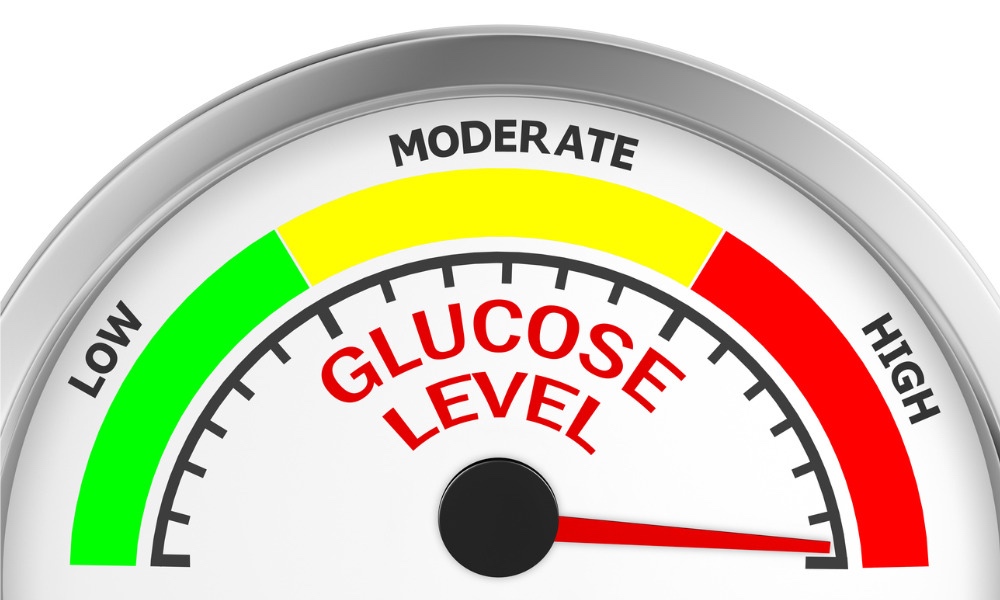Sugar-sweetened beverages aren’t particularly good for any of us — they increase the risk of type 2 diabetes and cardiovascular disease (CVD). But for those adults who already have type 2 diabetes, they are even worse, a study led by researchers at Harvard University has found.
Drinking colas and other sugar-sweetened beverages significantly increased the risk of cardiovascular disease and overall death among people with type 2 diabetes.
Beverages are a key component of people’s diets, Qi Sun, lead author of the study, told TheDoctor. “Hopefully our findings inform people with diabetes and their caregivers on diet and diabetes management.” Switching to beverages such as coffee, tea, water and low-fat milk could reduce their risk.“People living with diabetes should be picky about how they keep themselves hydrated.”
Higher consumption of sugar-sweetened beverages was associated with a 20 percent increase in the risk of all-cause mortality. Higher consumption of coffee, tea, water and low-fat milk lowered all-cause mortality risk by 26 percent, 21 percent, 23 percent and 12 percent, respectively.
Each additional serving of a sugar-sweetened beverage increased the risk of all-cause mortality by about eight percent. But replacing one serving of a sugar-sweetened beverage per day with one serving of coffee lowered all-cause mortality risk by 18 percent; replacing one serving with tea or plain water lowered risk by 16 percent; and replacing one serving of a sugar-sweetened beverage per day with low-fat milk lowered mortality risk by 12 percent.
Intake of sugar-sweetened beverages increased CVD risk by 25 percent and the risk of CVD-related mortality by 29 percent. However, those with a higher intake of coffee had an 18 percent lower risk of CVD compared to those who drank less, and those who drank more low-fat milk had a 12 percent lower CVD risk than those who drank less.Among those with type 2 diabetes, higher consumption of sugar-sweetened beverages was associated with a 20 percent increase in the risk of all-cause mortality.
Randomized trials are needed to establish cause-and-effect between sugar-sweetened beverage consumption and the risk of CVD, CVD-related mortality or all-cause mortality in type 2 diabetes patients, the researchers say. And the study population involved mostly white health care professionals in the U.S. Future studies could look at the effects of sugar-sweetened beverages on CVD and mortality risk in other populations with type 2 diabetes.





